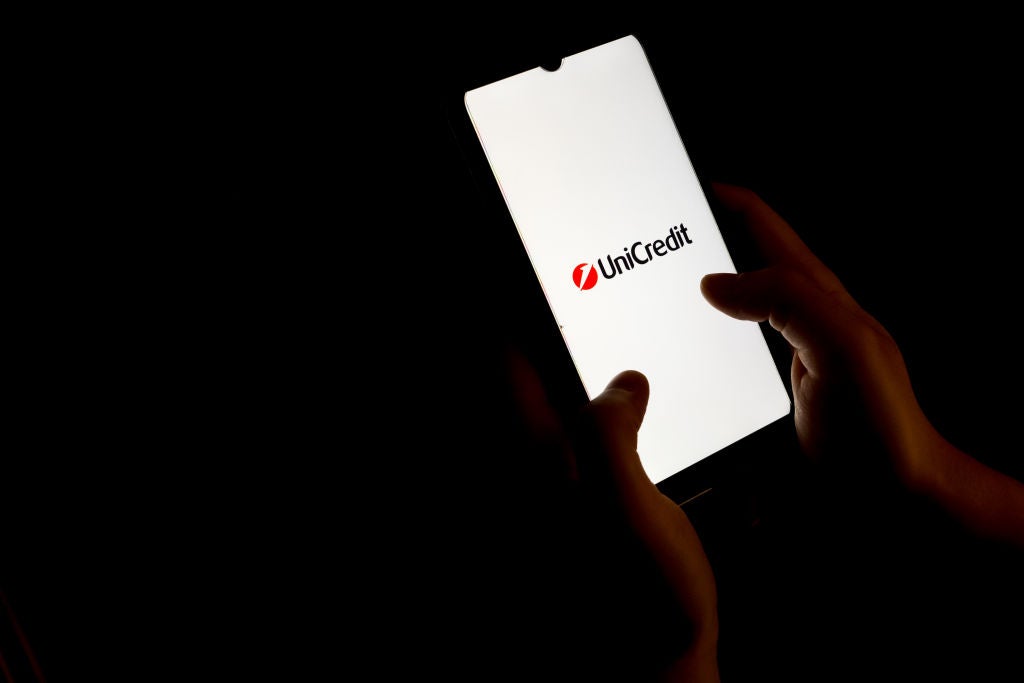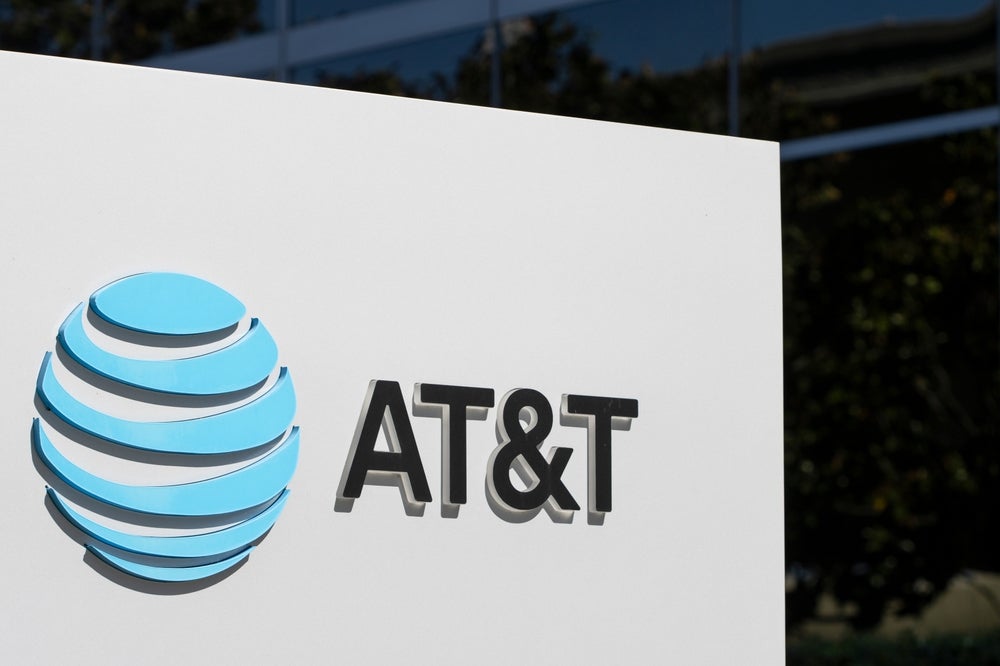
Cash is no longer king. Covid-19 has turned the axiom on its head as more consumers forgo physical dosh in favour of digital payments. However, as more people forgo money for contactless payments, the risks involving scams, hack attacks and dangers to people’s financial wellbeing have spiked too.
The pandemic effect
A number of factors have contributed to the rise of digital payments over the years. In the past, market analysts have attributed Brexit, the introduction of new mobile payments technologies and new laws to customers increasingly deciding to pay for things with digital rather than physical money. However, the coronavirus crisis has arguably been a key driver behind the new take-up of digital payments.
“The pandemic has been a catalyst for a seismic acceleration from cash to digital payments, and around the globe we are seeing no signs of this slowing down,” Marius Costin, head of EMEA high velocity sales and US global account team at fintech PayU, tells Verdict.
“In particular, the closure of non-essential businesses caused merchants and services to move online, in turn encouraging consumers to follow suit. Many who had previously resisted online shopping have been won over by its simplicity and convenience.”
In 2010, 32.7% of UK transactions were made with cash, according to payment comparison website Merchant Machine. By 2020, that figure had dropped to 12.4%. It is expected to reach 0.5% by 2026.
In the UK, the move towards a full cashless society is expected to be accelerated by Rishi Sunak first raising the contactless spending limit from £30 to £45 at the start of the pandemic and then announced in the latest budget that it would jump to £100. The change is expected to be implemented at some point later this year as firms still need time to adjust.
How well do you really know your competitors?
Access the most comprehensive Company Profiles on the market, powered by GlobalData. Save hours of research. Gain competitive edge.

Thank you!
Your download email will arrive shortly
Not ready to buy yet? Download a free sample
We are confident about the unique quality of our Company Profiles. However, we want you to make the most beneficial decision for your business, so we offer a free sample that you can download by submitting the below form
By GlobalDataNo matter how you look at it, it is clear that digital payments have reached a fever pitch following Covid-19.
Risks of financial crimes
Despite digital payments making shopping more convenient for many users, not everyone is happy about the advent of a cashless society.
Some detractors have noted that it could leave older people accustomed to physical money behind.
Others have warned that an uptick in digital payments after Covid-19 also comes with growing risk from fraudsters.
“The complexity of the digital payment landscape potentially makes it easier for organised crime to launder and hide money,” Darren Cade, CEO at regulation technology company Arctic Intelligence, tells Verdict.
“Financial crime is ever present and will adapt quickly to exploit any vulnerabilities of new technology or the payment ecosystem. Many more organisations providing payment services will need to ensure they have robust financial crime risk management and compliance processes in place.”
Regtech companies such as Trulioo and IDnow have provided solutions to reduce the risk of money laundering, terrorism financing and fraud for years.
As digital payments become more popular after Covid-19, it seems as if their services may get in even higher demand.
Cybersecurity
Digital payments also comes attached to an amplified risk of cybersecurity breaches that could compromise customers’ data.
“With payment systems growing in scope globally, companies need to avoid unknowingly exposing sensitive data and triggering a data protection violation law in the region where the payment takes place,” Chris Strand, chief compliance officer at cybersecurity company IntSights, tells Verdict.
“Companies will need to be conscious of the numerous operational cybersecurity and data protection compliance requirements that have been put in place to protect all the different phases and layers of the digital payment process.”
Some of those laws include the EU’s General Data Protection Regulation (GDPR) and the updated Payment Service Directive (PSD2) that provide guidance about the requirements needed to stay on the right side of the law and to avoid compromising users’ data.
Online shopping for risks
Intimately connected to the rise of digital payments is that of the buy-now-pay-later (BNPL) sector and the growth of online shopping.
The BNPL industry has, just like digital payments, been growing over the past decade, but has enjoyed tremendous growth over the past year.
Swedish company Klarna, for instance, raised $1bn in an investment round at a $31bn valuation in early March, making it Europe’s most valuable fintech company. The tridecacorn is also rumoured to be on the cusp of completing another round ahead of its highly anticipated IPO.
Similarly, UK BNPL startup Zilch completed a $80m raise at a $500m valuation in April.
But it’s not just new startups that are thriving in the BNPL space. Traditional payment processing companies like PayPal and Mastercard have also tapped into the industry alongside challenger banks like Danish Lunar.
The worldwide BNPL sector is expected to be worth $166bn by 2023, according to GlobalData Thematic Research.
The growth of the BNPL space and the usage of digital payments after Covid-19 have also raised the danger of customers putting their financial wellbeing at risk.
“BNPL solutions are still a credit solution and can negatively impact one’s credit score and financial stability,” warned Maurizio Kaiser, co-founder at wealth management technology startup Ikigai, last month. “Providers should have to educate consumers on the potential risks but unfortunately, they currently fall beyond the remit of the FCA [Financial Conduct Authority].”
Kaiser made the comment in connection to a report from NerdWallet which warned that BNPL services’ terms and conditions can take up to an hour to read and that their language is often very complex, hardly something users would breeze through.
Regulators have recognised that risk. In the UK, the FCA published a review of the BNPL sector in February, recognising this risk. On the back of the regulator’s recommendations, the government pledged to introduce stricter regulations, include forcing BNPL providers to carry out affordability checks on customers.






